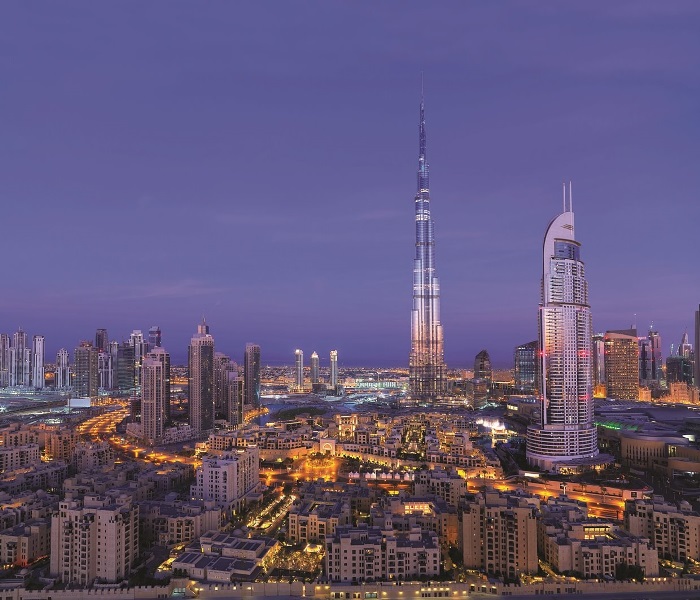Dubai Municipality has allocated AED 7bn ($1.9bn) in this year’s budget for executing water draingage and treatment projects, according to Emirates News Agency (WAM).
The lion’s share of the budget will be spent on the storm water tunnel project for the Airport City and the Expo 2020 Venue areas, which amount to AED 5bn, according to Hussain Nasser Lootah, Director-General of Dubai Municipality.
These projects are 55 percent complete and will be operational before the opening of Expo 2020, said Lootah, adding that the project includes construction of a main line to collect rainwater to serve the Airport and Expo areas.
The areas of the project include Deira, for which an initial study has been done. Currently, primary design is being studied, which includes the drilling of two tunnels and the pipelines will be extending up to 13 kilometres, said Lootah.
The sewage treatment plant in Jebel Ali comes in second place in terms of importance. It is worth AED 1.4bn and will be completed in 2018, and will serve 1.8 million people in an area of 25,000 hectares.
The Jebel Ali plant will have a capacity of 675,000 cubic meters per day instead of its current capacity of 300,000.
Lootah stressed that the expansion of the plant has three basic objectives: to absorb the excess flow from the Expo areas and the diversion of a portion of the load of Warsan Station to Jebel Ali, as it is operating above design capacity by about 27 percent.
Treated water is used for irrigation purposes in public parks and for city greening as a whole, as well as cooling.
“We want to increase the areas connected through the sewage networks in Dubai to 100 percent. Hence, we have embarked on a project to establish a sewerage and storm water drainage network in Khawaneej-2 at a cost of AED 300mn. This project, which covers the entire areas of Khawaneej-2, will be completed this year,” Lootah said.
He added that the Deira area development project, with a cost of AED 243mn, covers several areas such as Al Qusais and includes the establishment of 13.7 km long underground sewer lines, expected to be completed in 2018.




